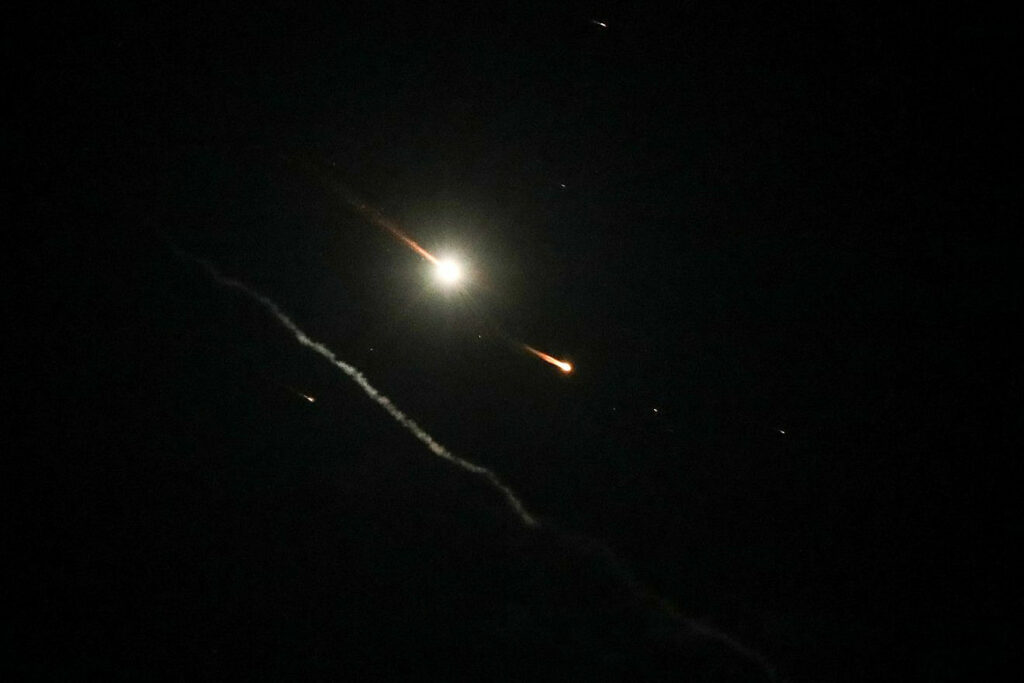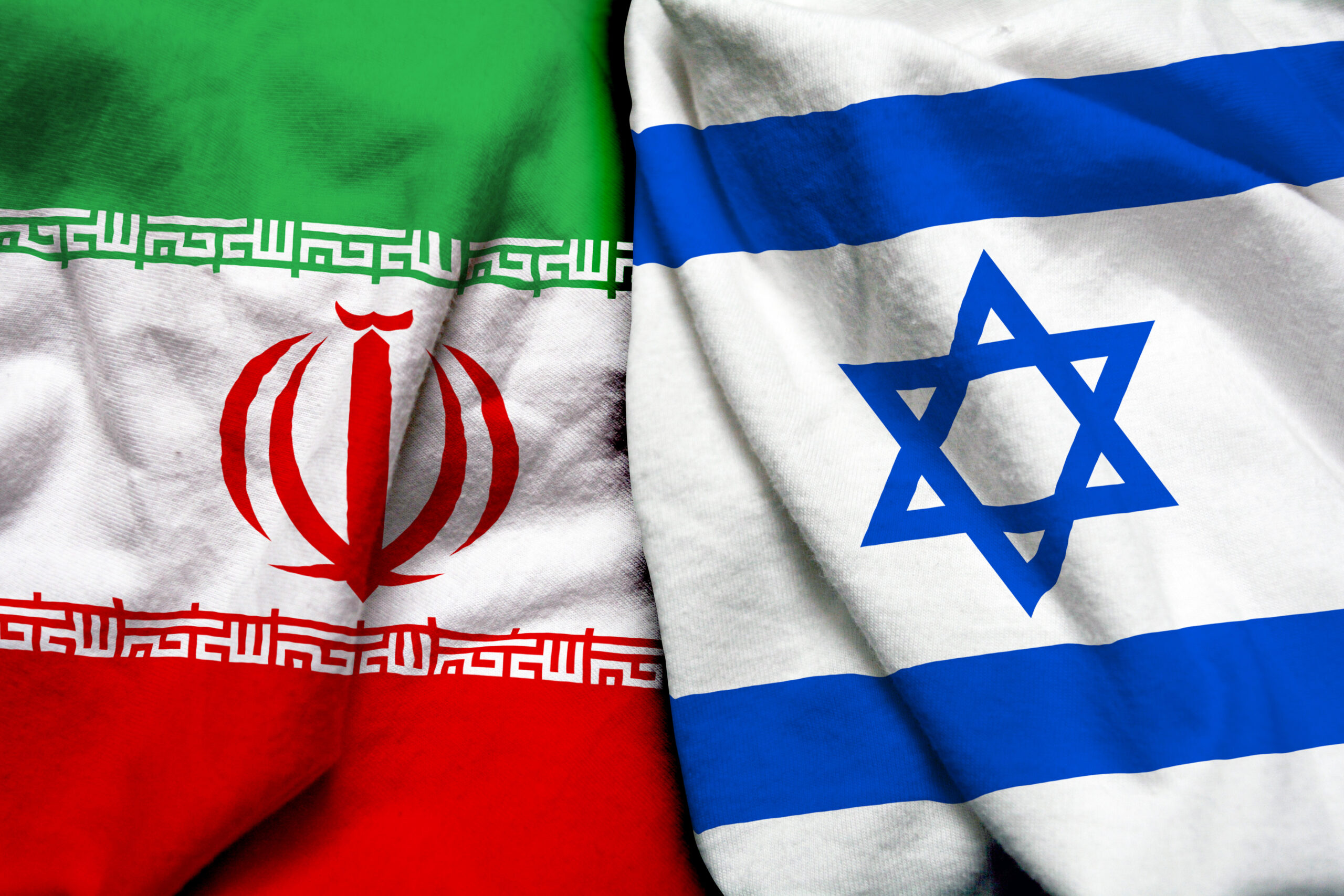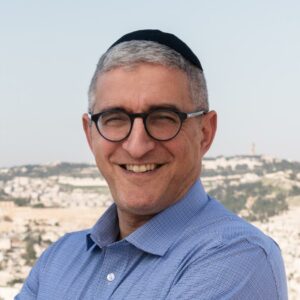Eyes on Israel May 26th (Middle Segment)
In the May 26th segment of “Eyes on Israel,” Rabbi Pesach Wolicki hosted a fascinating discussion with Dr. Mordechai Kedar, an Israeli scholar of Arab culture and lecturer at Bar-Ilan University. The episode, which aired on Real America’s Voice, dissected recent events in Iran and their implications for Israel and the broader Middle East.
On Sunday, April 13th, the Iranian Regime launched a potentially catastrophic but ultimately unsuccessful missile and drone attack on Israel. This aggressive move was in retaliation for Israel’s assassination of a top Iranian commander, one of the architects of the October 7th Massacre against Israel. Military analyst Elliot Chodoff, who joined the show in a previous episode, noted that this attack was likely motivated by Iran’s need to project strength amid the Iranian Regime’s significant domestic unrest.
Dr. Kedar provided insight into Iran’s internal dynamics, revealing a country deeply fractured along ethnic lines. He explained that Iran is not a homogenous nation but a conglomerate of ethnic groups with distinct identities and aspirations. Many of these groups harbor strong separatist sentiments and actively seek independence from the central government.

However, the Iranian Regime’s domestic troubles are not limited to these ethnic minorities. On the same day as the attack on Israel, Moina Rostami, a prominent member of Iran’s national women’s volleyball team, posted on social media expressing her shame over the Regime’s actions and voicing her support for Israel. Her courageous act was quickly silenced as she went missing, and her social media accounts were deleted. The following day, Ali Karimi, a former Iranian soccer team superstar, supported Israel on social media. These bold statements from prominent figures show just how deep-seated the dissatisfaction within Iran is. It appears the grip that the Regime has on the Iranian people is beginning to weaken.
Dr. Kedar showed just how the Iranian Regime is beginning to crumble as it becomes consumed by internal power struggles and self-interest rather than ideology. So much so that Dr. Kedar predicts that when these internal conflicts reach a breaking point, the regime will likely collapse, and hopefully, the Iranian people will seize the opportunity to push for greater autonomy and independence. This could potentially lead to a significant redrawing of the political map in the region for the greater good.
The pro-Israel sentiments expressed by Rostami, Karimi, and others are not isolated events. Dr. Kedar noted that many Iranians in Iran see Israel as a potential ally against the oppressive regime, recognizing that Israel shares their concerns about Tehran’s nuclear ambitions and regional goals. These minority groups believe Israel could play a key role in supporting their fight for freedom.
Iranian volleyball player, Mobina Rostami, has disappeared after bravely speaking out against the Islamic regime's attack on Israel.
— Hananya Naftali (@HananyaNaftali) April 19, 2024
Instead of the Islamic Republic accountable, the UN was busy voting on Palestinian UN membership. The same UN that welcomed Iran to chair a forum… pic.twitter.com/k8Nf6G9gwB
Of course, Dr. Kedar pulled no punches in calling out the Obama and Biden administrations’ appeasement of Iran. He argued that those administrations have only emboldened the tyrannical regime. Ironically, the Iranian people’s hope for freedom hinges on an American policy that opposes tyrants, yet it is the Americans who aren’t doing their part to support liberty.
Through this darkness, there’s a flicker of light: the defiance shown by Rostami, Karimi, and others reveals the unbreakable spirit of the Iranian people, many of whom are seeking a better future. In their resistance lies the promise of a free Iran and a more stable Middle East – but they cannot do it alone. The international community must heed the call and stand with the people of Iran against the cruel Regime that would crush their hopes.
Rabbi Pesach Wolicki’s successful TV series, “Eyes on Israel,” illuminates the complex realities facing Israel and the Middle East. His fact-based and informative approach provides nuanced insights into regional dynamics, distinguishing between the aspirations of democratic people and the actions of oppressive Regimes. “Eyes on Israel offers a refreshingly clear understanding of Middle Eastern politics, advocating for policies that support people’s struggles against terrorism and tyranny. You can learn more about Rabbi Wolicki’s incredible work to speak up on the truth about Israel here.




